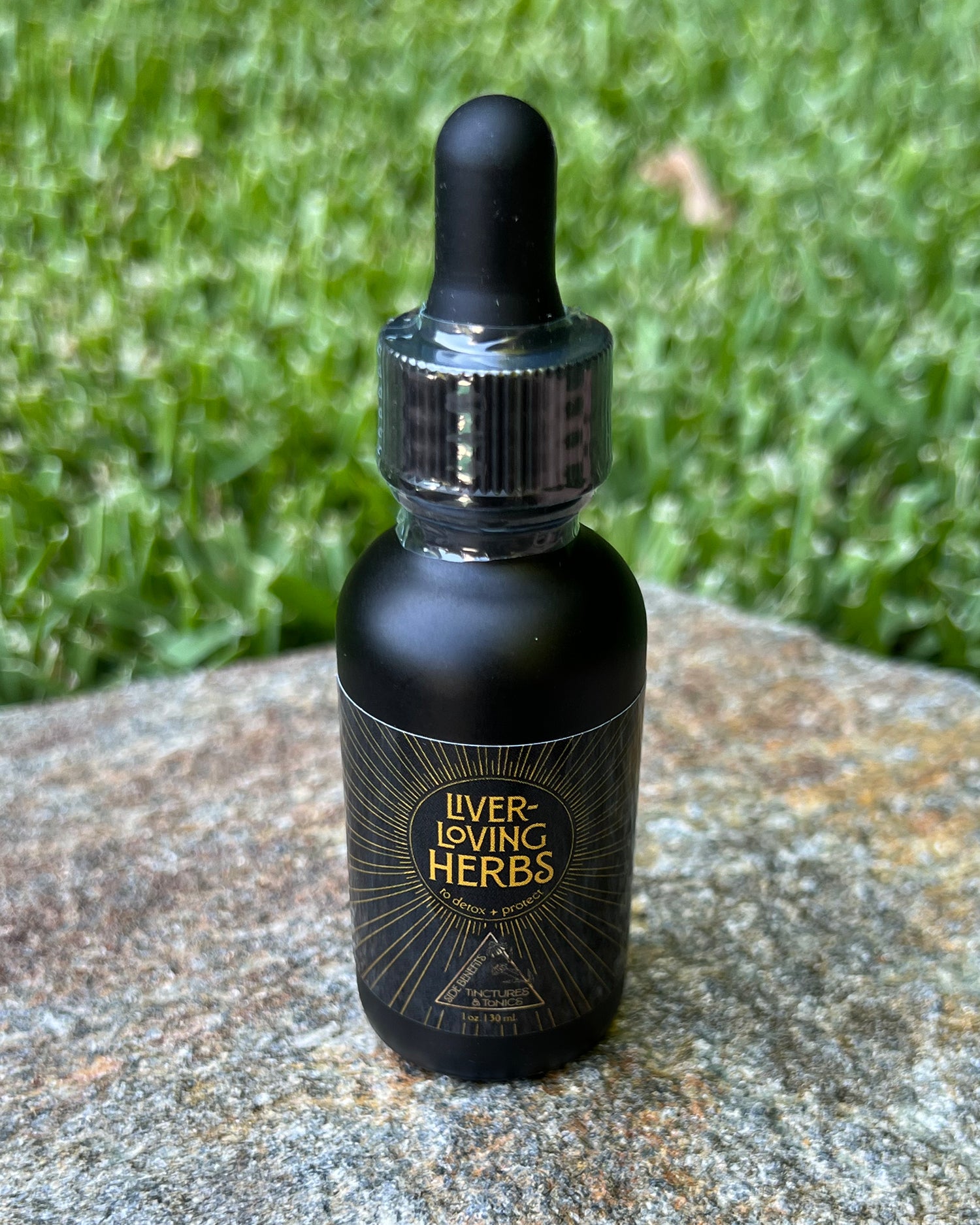Think of the intestines as the border wall between our body and the environment in which we live. Made up of tightly adjoined, fence post-like, single layers of delicate epithelial cells, the small intestinal wall houses our mucosal layer and monitors its interaction with the surrounding environment. While we’re talking mainly about the small intestine here, I assure you, it is anything but small. If laid flat (gross thought, I know), it would cover an entire tennis court.

The gut is home to a bustling community of bacteria and yeast. Also known as “the microbiome,” these commensal bacteria and yeast help further digest food and manufacture nutrients when in a healthy state. They also interact with your immune system, communicate via chemicals with your brain, and help keep hormones humming. In this healthy (mostly impermeable) state, the gut lining and mucosal layer (which houses the microbiome) protect the body from undigested food particles, pollutants, and opportunistic microorganisms like bacteria, parasites, and viruses while allowing for the movement of specific substances like water and solutes. When the gut is healthy, it is the most efficient route of detoxification and elimination.
The tight junctions between the epithelial cells that make up the delicate (one cell thick) lining of gut are the throughway between the intestines and bloodstream. If we have an upstream condition such as low stomach acid, that leads to the improper breakdown of food (maldigestion). Now we potentially have undigested fats, carbs & proteins (or other wrong things) making their way to the small intestine where they can do damage to the delicate lining. A damaged lining leads to these particles freely leaking into the bloodstream or the lymphatic system and activating our immune system because it doesn't recognize these undigested food particles as nutrients. This unhealthy gut condition is known as “leaky gut” because when the tight cellular junctions are damaged, those undigested food particles and bacteria can freely “leak” into the bloodstream, where they elicit an immune response and contribute to inflammation. In this “leaky” state, issues like irritable bowel syndrome (IBS), food sensitivities, seasonal allergies, autoimmune issues, anxiety or depression, skin conditions (like acne and eczema), hormonal imbalances, weight gain, chronic inflammation – the list goes on and on – begin to rear their ugly heads.
Signs You Have a Leaky Gut
| Abdominal pain | Constipation /diarrhea | Poor immune health |
| Bloating & gas | Fatigue | Poor memory |
| Feeling “spacey” | Indecisive | Lack of concentration |
| Insomnia | Trouble falling asleep | Muscle aches |
| Muscle weakness | Joint pain | Swollen joints |
| Anxiety/panic attacks | Irritability/moodiness | Dizziness |
| Food sensitivities | Food intolerances | Stubborn weight |

The health of your gut rules over your metabolism, immune system, ability to detox, metabolic function, inflammatory processes, skin quality & cognitive function. The gut will happily repair itself, but first you need to identify & remove damaging triggers, restore digestive functionality and heal & seal the gut lining.
Heal & Seal the Gut Lining
A few basic habits to get into that will allow your gut to heal itself include chewing your food thoroughly (your stomach doesn’t have teeth); ‘waking’ up your digestive system with digestive bitters or apple cider vinegar about 15-20 minutes prior to eating; avoiding alcohol, sugar, gluten, industrial seed oils, and other irritants; and increasing the amount of fresh, organic veggies with a high-water content to increase bowel transit time. More targeted healing strategies include consuming fibrous/mucilaginous foods (think, gooey/slimy in nature). These foods/beverages are not only soothing to the gut but may also help reduce inflammation, intestinal permeability and strengthen & repair mucus membranes to support the body’s ability to mount a proper immune response when needed. More gut-healing foods include bone broth (rich in collagen, glycine & L-glutamine), ghee (rich in anti-inflammatory butyric acid), cod liver oil (rich in omega 3s, vitamin A + D), and zinc-rich foods such as shellfish (esp. oysters), mushrooms, and eggs. Polyphenols (found in veggies, fruits, nuts & seeds) may also improve gut function — these should only be consumed after a food sensitivities lab test has been run to rule out foods that are currently contributing to inflammation.
How to Restore a Leaky Gut
-
Repopulate your commensal flora (microbiome) by eating healthy fermented foods and supplementing with a high-quality, spore-based probiotic like MegaSporeBiotic
-
Sip mucilaginous Aloe Vera juice (I like Lily of the Desert) to ease discomfort & support healing of the GI tract
-
Sip slippery elm tea – it soothes & repairs the entire digestive tract (find it in Throat Coat tea)
-
Psyllium seed husks in water (1-2 tbsp) before bed can be used to stimulate normal bowel function and absorb excess water – useful for both constipation or mild diarrhea
-
Supplement with L-glutamine to repair, heal & restore mucosal lining. This amino acid is the primary fuel source for your enterocytes (gut cells)
-
Use a Marshmallow root tincture or tea. It contains butyrate to protect the gut lining
-
Deglycyrrhizinated licorice is an adaptogenic herb that heals leaky gut by activating anti-inflammatory pathways
-
Zinc carnosine can also be helpful for supporting the gut mucosal barrier
-
Eat chia seeds & flax seeds – both high in omega 3s, antioxidants + fiber to help reduce chronic inflammation & insulin resistance
-
Get tested for food sensitivities! Then avoid any food sensitivities that are found on the MRT 176
-
Get tested for bacterial, yeast, or other bacterial pathogens with a GI MAP stool test
-
Avoid NSAIDs like ibuprofen and aspirin. These OTC drugs damage the lining of your stomach and the mucosal lining of your small intestine
-
Avoid environmental toxins such as plastics, perfumes, chlorine, chemical air fresheners, and toxic cleaning products
-
Use a charcoal filter for your drinking water or drink spring water
If your gut is unhealthy, you’re putting yourself at increased chance of chronic disease like autoimmunity, Cancer, Alzheimer’s, depression, and more. The GI MAP (a DNA-sequenced stool analysis) is just one of the many tools I use to investigate the current status of my clients’ gut health. It is incredibly important to discover the root cause(s) of any ongoing symptoms you’re experiencing in order to reach your health goals and prevent future dis-ease. Reach out to me today and let’s get you started down a healing path!






